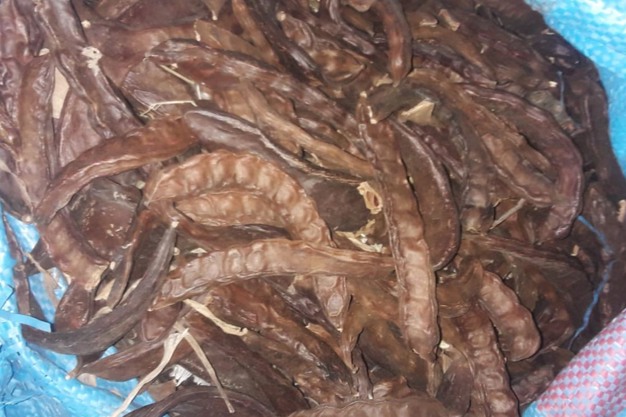Recent rainfall in Ouazzane, northern Morocco, has revived farmers' hopes of a good yield. Ahmed Elaynouni, a small-scale grower of a number of crops, is particularly optimistic about his carob plantation.
"The rains came just in time. We still have good underground water reserves in the region, but it's good that the rains are refreshing them, and it's always good for our morale to see rain after a long drought," Elaynouni enthuses. "The carob fruits are currently developing and have reached 5 centimetres in size. We can therefore expect fruit sizes of 15-22 cm by harvest time in July."

"While carob trees can survive long periods of drought, they need good rainfall to produce good yields and good-sized fruit," adds El Aynouni. "In the Ouazzane region, we have the particularity of better carob yields than the average."
Elaynouni says he relies on an agroecological model, using native seeds and rotational growing. "That's why my carob harvest doesn't exceed 3 to 4 tons, but in a typical year I market 40-50 tons of carob fruit, and that's a far from the 100-120 tons I used to market when we had good rainfall."
"There are several varieties, but the ones we have in the region are local and indigenous, and can be divided into two types; a long variety, which contains up to 24 seeds, and which is more abundant, as well as a thick variety which contains fewer but more meaty seeds. Most of our production is destined for the local market, for use in cosmetics, chocolate production and other by-products, or for animal nutrition. A tiny proportion is exported."
For more information:
Ahmed Elaynouni
Elaynouni farm
Tel: +212601300332
